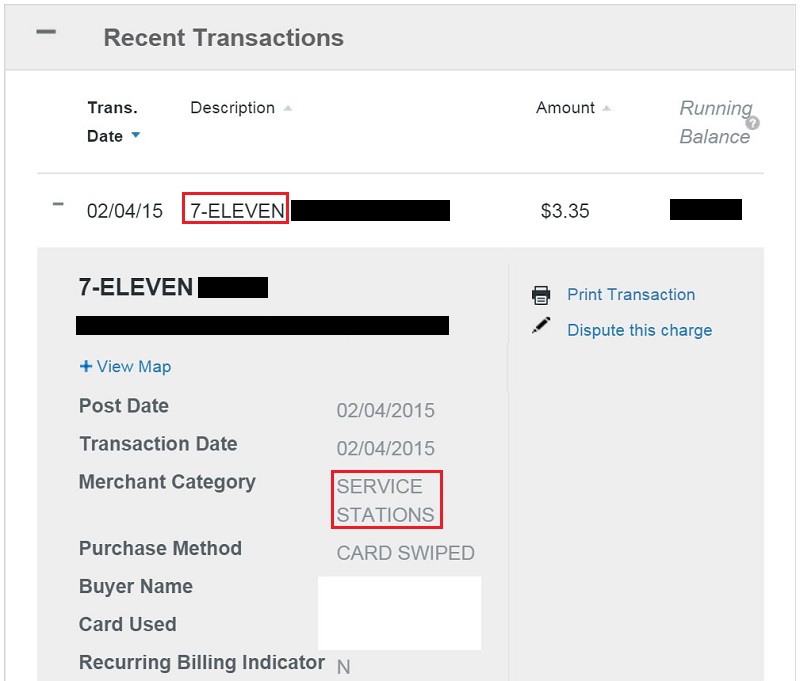step one. Understanding the Axioms from FHA and you can Conventional Money

Regarding to shop for a home, one of the most crucial behavior you’re going to have to make are selecting the most appropriate form of home loan. Two of the top choices are FHA fund and you may conventional loans. Both provides their advantages and disadvantages, and it’s vital that you comprehend the differences between these to dictate which suits you. Within this point, we’ll take a closer look within rules away from FHA and you can old-fashioned money, plus their requirements, experts, and you will cons.
1. Requirements: One of the biggest differences when considering FHA and you may antique financing is their needs. FHA financing are made to help people who have lower credit ratings and you will minimal down payment finance be eligible for a mortgage. Because of this, he has got a lot more easy credit history and you will downpayment conditions than just traditional money. Antique loans, as well, normally need high fico scores and you will huge off costs.
2. Benefits: Both FHA and you may antique finance possess their own gurus. FHA money was backed by government entities, and therefore they often incorporate all the way down rates of interest plus versatile qualification recommendations. They also support reduce costs and certainly will getting a great good option for earliest-big date homeowners. Traditional finance, in addition, render way more independency with respect to property products and you can mortgage quantity. Nevertheless they don’t need home loan insurance coverage after you have 20% security of your house.
3. Drawbacks: While both FHA and conventional loans have their benefits, they also have their drawbacks. FHA loans require borrowers to pay mortgage insurance premiums (MIP) for the life of the loan, which can add up over time. They also have more strict property standards and limits on loan wide variety. Conventional loans, on the other hand, typically have high interest rates and stricter credit rating criteria.
4. Examples: Let’s say you’re a first-time homebuyer with a credit score of 620 and a down payment of 5%. You may be able to qualify for an FHA loan, which would allow you to put down a lower down payment and have a more lenient credit score requirement. However, Austin savings and installment loan you would also have to pay MIP for the life of the loan. Alternatively, if you have a credit score of 700 and a down payment of 20%, you may be able to qualify for a traditional loan, which would allow you to avoid paying mortgage insurance and potentially have a lower rate of interest.
In a nutshell, knowing the axioms out of FHA and you will traditional loans is extremely important whenever considering to make a knowledgeable decision about your mortgage. Because of the weigh the prerequisites, pros, and you can downsides of every option, you can determine which you’re an informed fit for your financial predicament and you can homeownership requirements.
2. How they Disagree to have FHA and Traditional Loans?
When it comes to purchasing a home, one of the most important factors to consider is your credit score. Your credit score is a numerical representation of your creditworthiness, and it can have a significant impact on whether you be eligible for a home loan and what kind of interest rate you can get. There are two main types of home loans: FHA money and you can old-fashioned funds. Both types of fund has actually more credit history requirements, so it’s important to understand how they differ.
Credit score requirements for FHA loans tend to be more lenient than those for conventional loans. This is because FHA loans are backed by the Federal Housing Administration, which helps to mitigate the risk for lenders. As a result, borrowers with lower credit scores may still be able to qualify for an FHA loan. In general, the minimum credit score required for an FHA loan is 580. However, borrowers with a credit score ranging from 500 and you can 579 may still manage to be considered if they are able to make a larger down payment.
